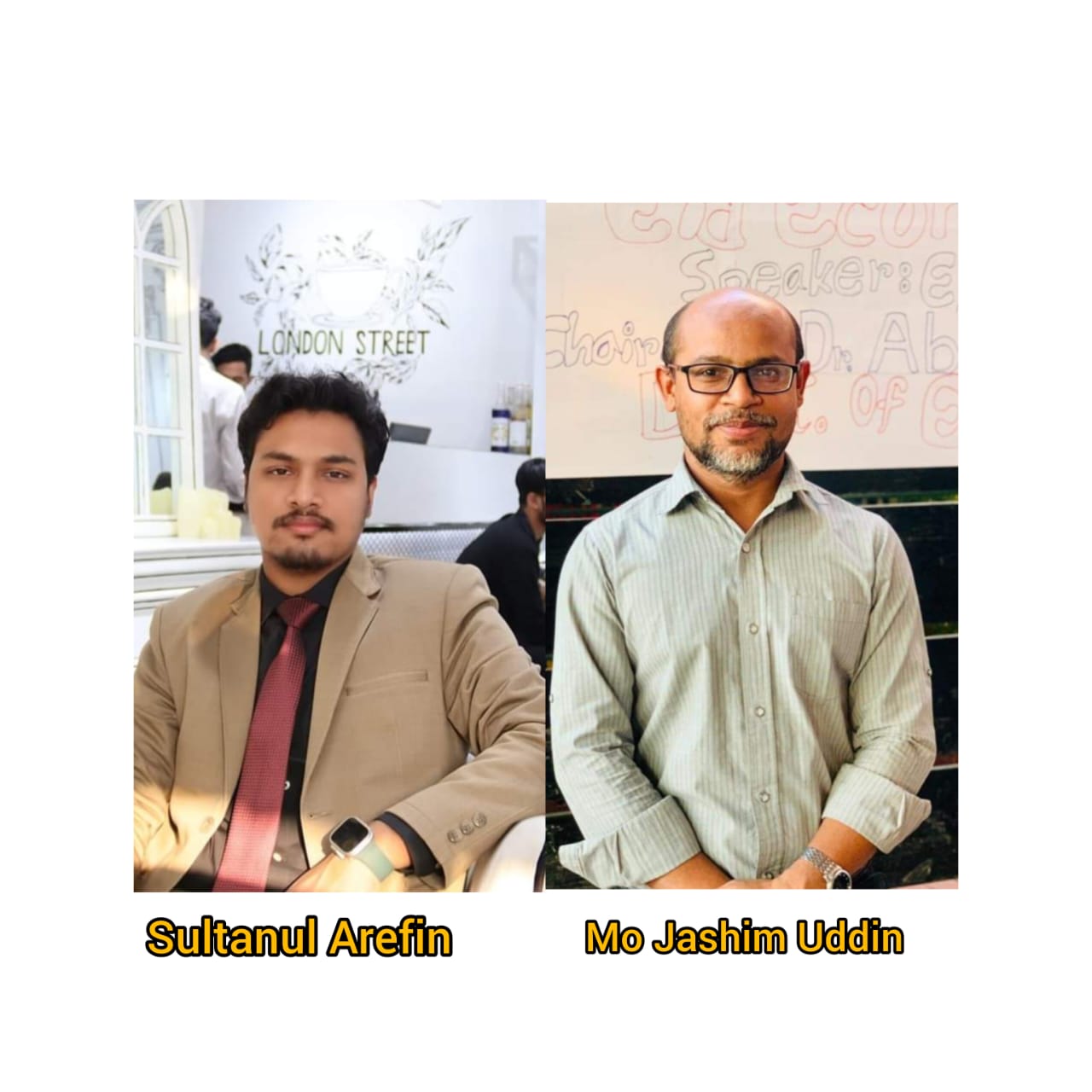

Sultanul Arefin
Graduate, Department of Languages, Batch 1
International University of Business Agriculture and Technology (IUBAT), Dhaka
Mo Jashim Uddin
Associate Professor, Department of Languages
International University of Business Agriculture and Technology (IUBAT), Dhaka
In the last few decades, the demand for English language proficiency in Bangladesh has increased significantly, especially within the private sector. English serves as a bridge to global education, business, and communication. With the rapid growth of private universities in the country, the importance of Teaching English to Speakers of Other Languages (TESOL) has been recognized and implemented. However, the TESOL programs at these institutions face a myriad of challenges that hinder their effectiveness. This article examines the key challenges of implementing TESOL in Bangladesh’s private universities and offers insights into overcoming them.
Moreover, there are few opportunities for continuous professional development. Many private universities do not provide regular workshops or training sessions to update teachers on modern TESOL methodologies, educational technology, or classroom management strategies. This lack of development directly affects the quality of education, as teachers may rely on outdated or less effective teaching methods.
Additionally, some curricula are too rigid and focus heavily on grammar and writing, often neglecting the speaking and listening components of language learning, which are crucial for real-world communication. The absence of a balanced curriculum that addresses all language skills hinders the overall effectiveness of TESOL programs.
Furthermore, societal attitudes toward English proficiency often equate fluency with intelligence or social status. This dynamic can create an undue burden on students and teachers alike, complicating the TESOL learning experience. Instructors must navigate these cultural and societal pressures while fostering a positive and inclusive learning environment, which can be challenging without adequate support and resources.
4.Lack of Technological Integration:While technology has become an essential component of modern language education, many private universities in Bangladesh struggle to integrate it effectively into their TESOL programs. This issue is especially apparent in institutions with limited financial resources. Classrooms are often ill-equipped with language labs, multimedia resources, or adequate internet access, making it difficult to engage students with interactive learning tools.
Even when technology is available, both teachers and students may lack the necessary skills to use it effectively. There is often a gap between the availability of technological tools and the ability to use them meaningfully to enhance language learning. As a result, many TESOL programs fail to incorporate digital resources, such as online assessments, language learning apps, or virtual exchanges, which can significantly benefit students.
This variance can lead to difficulties in classroom management and lesson planning. Teachers may struggle to strike a balance between addressing the needs of weaker students without leaving more proficient students feeling disengaged or unchallenged. Without proper support, it becomes difficult for TESOL instructors to provide a personalized learning experience that meets the diverse needs of all students.
Furthermore, the lack of standardized assessment criteria across private universities can create inconsistency in the evaluation of students’ language abilities. Without a cohesive framework for assessing student progress, it is difficult to ensure that students meet the desired learning outcomes by the end of the program.
Finally , Implementing TESOL in Bangladesh’s private universities is crucial for equipping students with the language skills needed for academic and professional success. However, the challenges of teacher training, curriculum design, cultural adaptation, technological integration, student diversity, and assessment must be addressed to improve the effectiveness of these programs. By focusing on professional development for teachers, adopting context-specific curricula, embracing technology, and improving assessment practices, private universities can overcome these challenges and foster a more robust and effective TESOL environment in Bangladesh.
